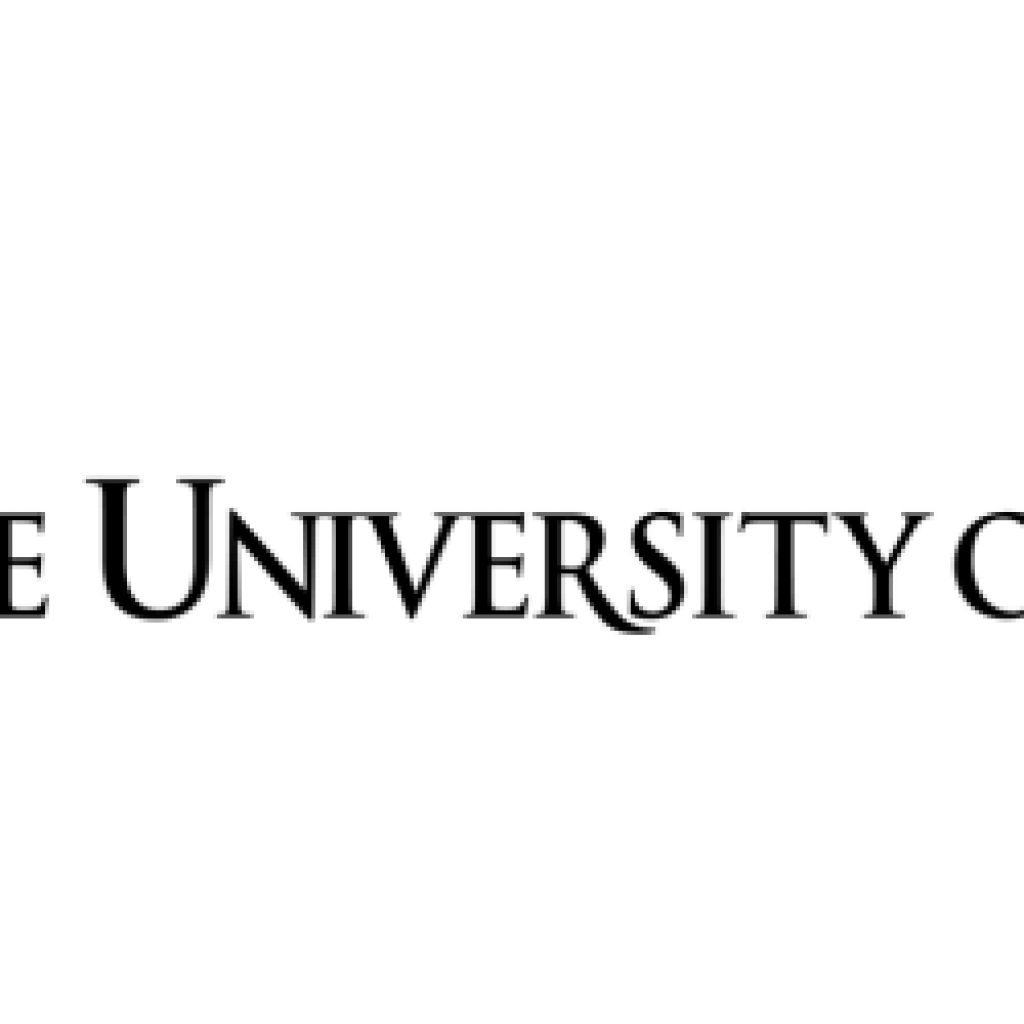(UniteAI) Researchers at the University of Tokyo have used machine learning to create a novel algorithm that enables the efficient and accurate verification of quantum devices.Technologies that rely on novel quantum mechanical behaviors are becoming increasingly popular, and they require verification due to inherent uncertainties.
The research was published in APS Physics.
One of these important tools is the algorithm that verifies quantum devices. It was developed by postdoctoral researcher Quoc Hoan Tran and Associate Professor Kohei Nakajima from the Graduate School of Information Science and Technology at the University of Tokyo.
According to the researchers, the device could make verifying the behavior of quantum devices more efficient and precise. The algorithm can reconstruct the workings of a time-dependent quantum device, and it does this by learning the relationship between the quantum inputs and outputs.
To construct the algorithm, the team used machine learning and a technique referred to as quantum reservoir computing. By learning the inputs and outputs that change over time in a quantum system, it can guess how the patterns will change. It can make these predictions even in situations that have not yet been witnessed.
“At present, our algorithm can emulate a certain kind of quantum system, but hypothetical devices may vary widely in their processing ability and have different memory effects. So the next stage of research will be to broaden the capabilities of our algorithms, essentially making something more general purpose and thus more useful,” said Tran. “I am excited by what quantum machine learning methods could do, by the hypothetical devices they might lead to.”
Researchers create novel algorithm for verifying quantum devices
